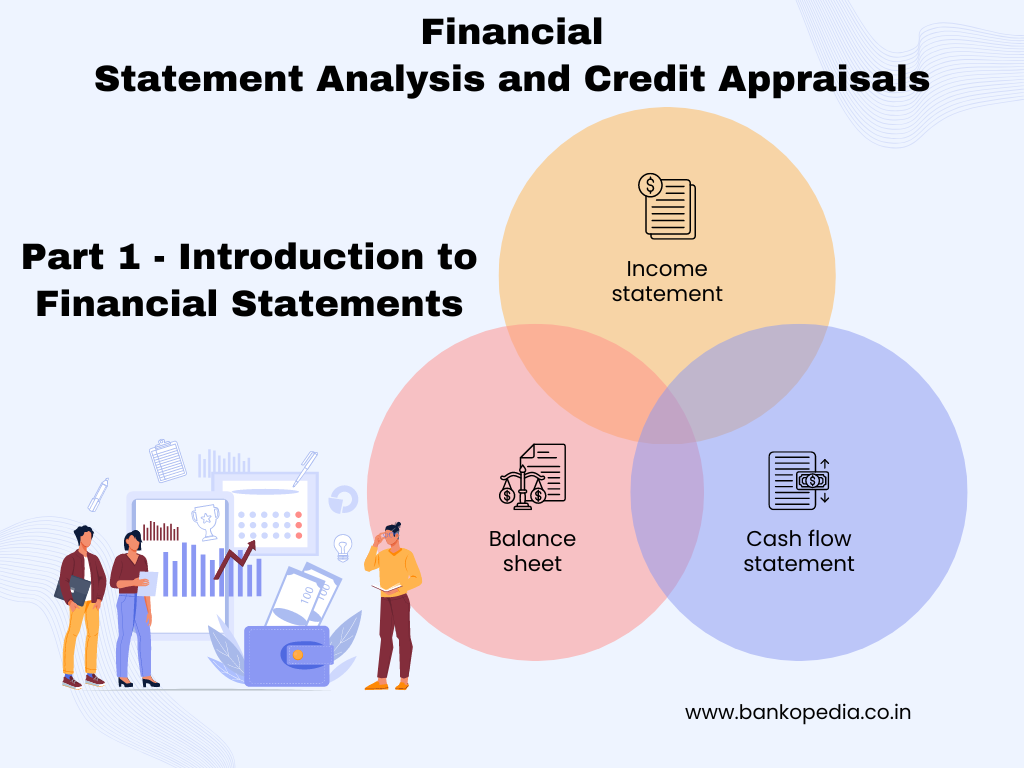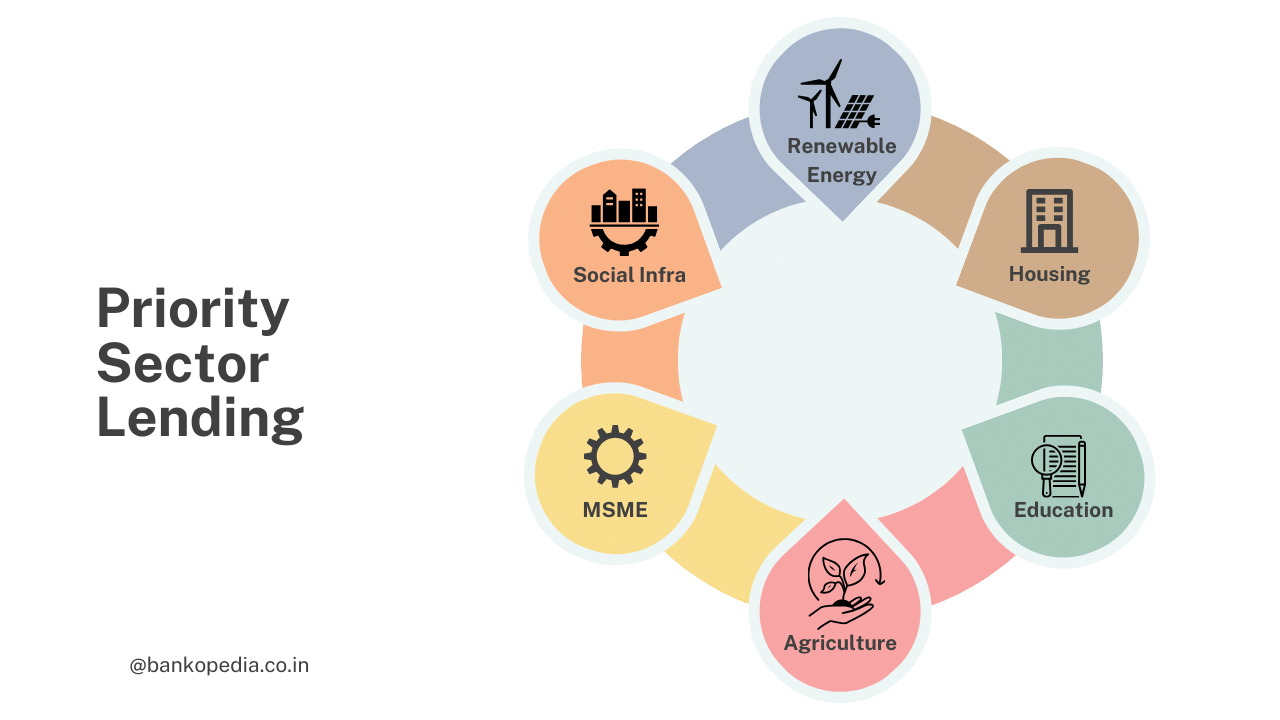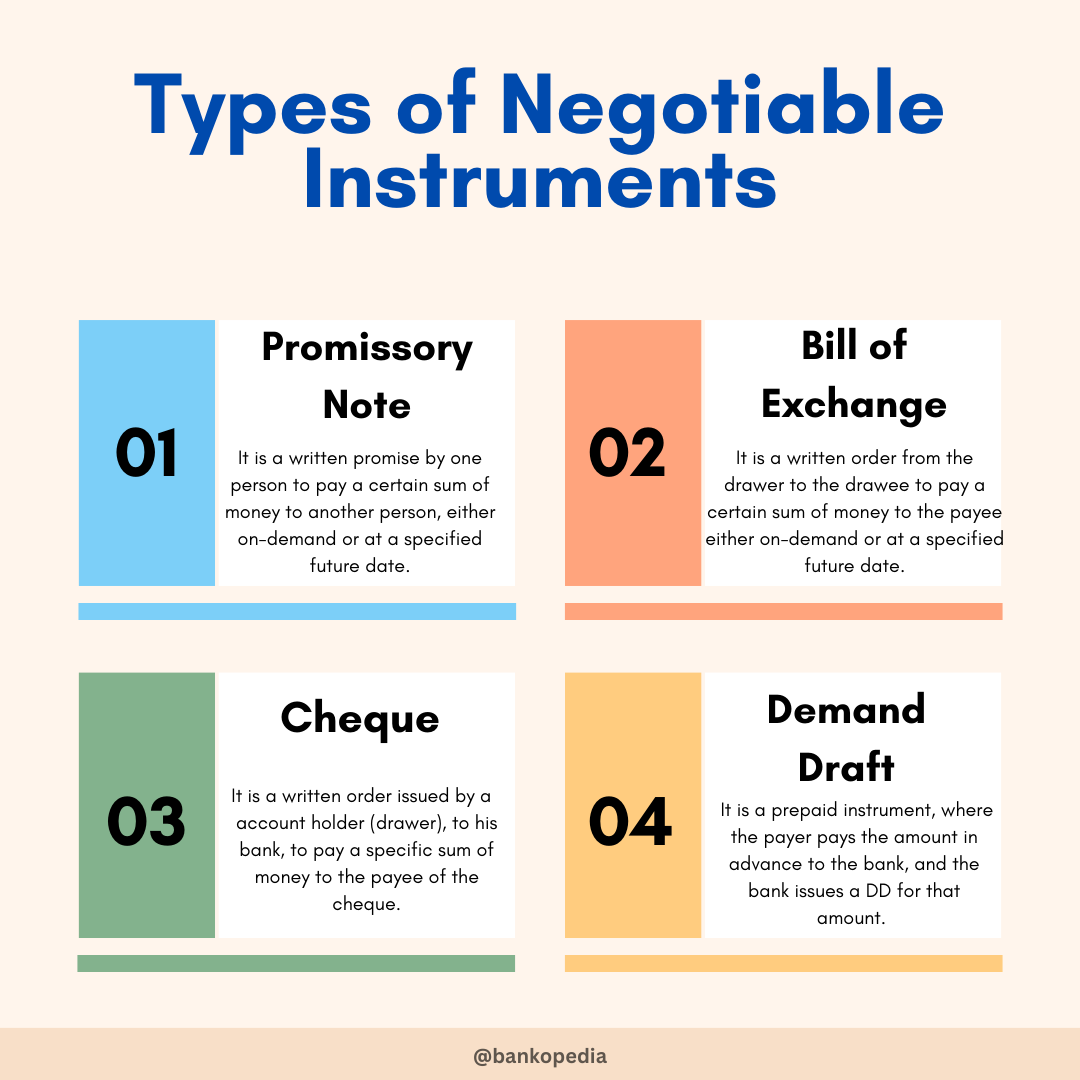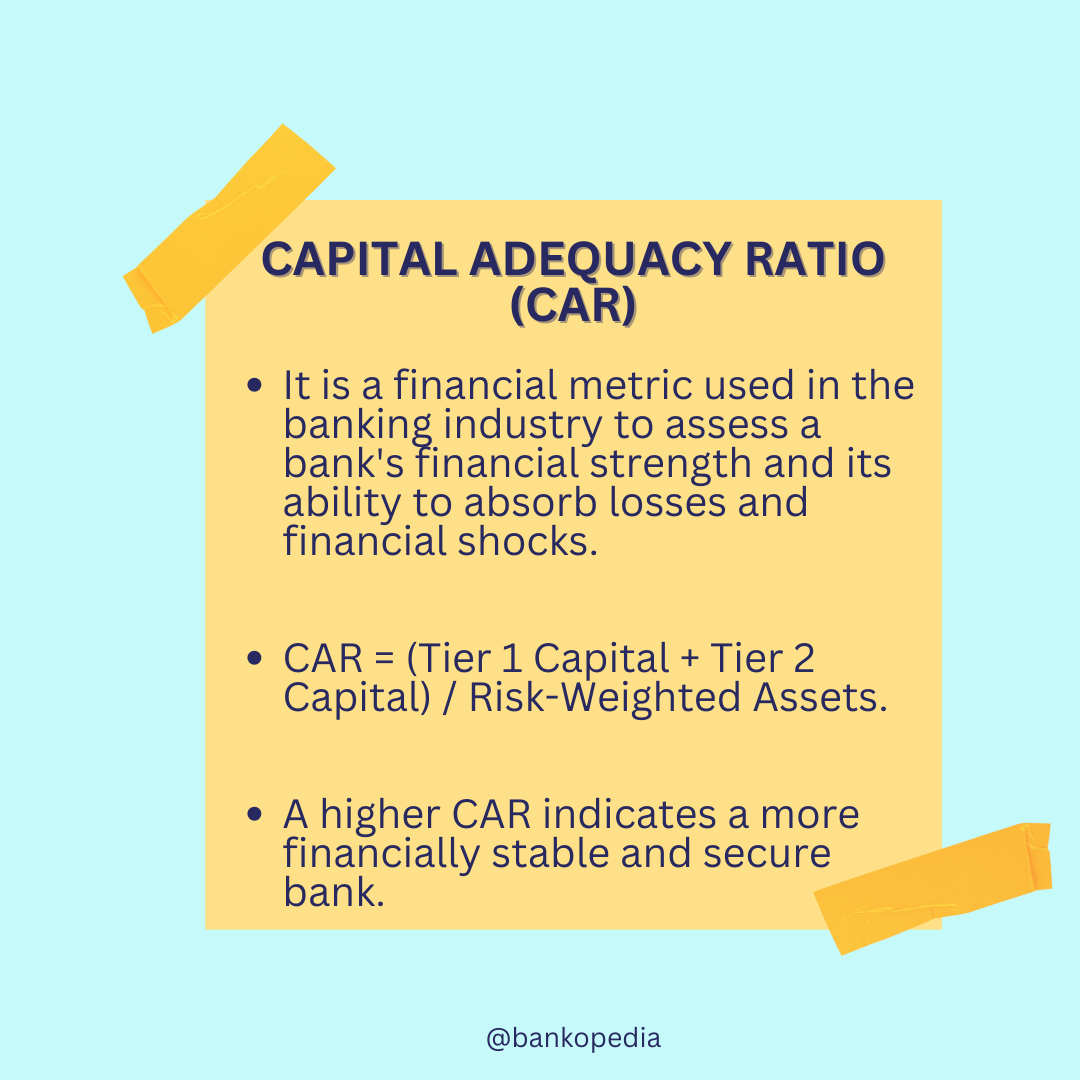Welcome to Daily Banking Digest, your premier source for the latest news and insights on April 07, 2024, focusing on banking, the economy, and finance. Our platform offers a comprehensive overview of the day’s most critical financial stories, market trends, and economic developments. Whether you’re a professional in the financial sector, an investor monitoring market movement, or someone interested in staying informed about the economic landscape, Daily Banking Digest provides reliable, up-to-date information.
Join our Telegram Channel for Daily PDF in your Inbox – Click Here
Table of Contents
RBI Governor Highlights India’s Growing Gold Reserves
The Reserve Bank of India (RBI) has been increasing its gold reserves as part of its foreign exchange deployment strategy. The value of gold in the forex reserves has increased by $6.287 billion since March 2023, reaching $51.487 billion as of March 22, 2024.
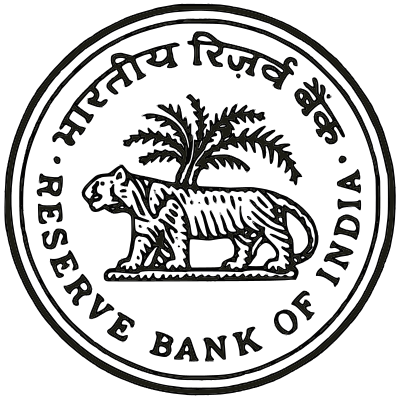
Key Points:
- Gold Reserve Buildup: RBI is building up gold reserves as part of its forex deployment strategy.
- Value Increase: The value of gold in the forex reserves has increased by $6.287 billion since March 2023.
- January Purchase: RBI purchased 8.7 tonnes of gold in January 2024, the highest in two years.
- Gold Holdings: RBI’s gold holdings reached 812.3 tonnes at the end of January 2024.
Vodafone Idea’s ₹20,000 Crore Fundraise to Enter Market Soon, Roadshows Generate Investor Enthusiasm
Vodafone Idea plans to raise ₹20,000 crore through a follow-on public offer (FPO) within a month. The funds will be used to reduce debt and invest in capital expenditure. Despite the large size of the issue, institutional investors have expressed interest. The company’s promoters, Aditya Birla Group and Vodafone Plc, have been supportive and have a strong track record. Vodafone Idea has been losing market share but is taking steps to ensure the success of the FPO.

Key Points:
Fund Raising: – Vodafone Idea plans to raise ₹20,000 crore through an FPO. – The funds will be used to reduce debt and invest in capex.
Institutional Support: – Roadshows have drummed up support from institutional investors. – Investment bankers are confident that the entire issue will be subscribed.
Promoter Support: – Aditya Birla Group and Vodafone Plc have a strong track record and are committed to supporting Vodafone Idea. – The promoters have been providing periodic fund infusions.
Debt Burden: – Vodafone Idea’s gross debt stood at ₹2.15 lakh crore at the end of December 2023. – The company needs to reduce its debt burden to improve its financial health.
Market Share Loss: – Vodafone Idea has been losing market share in recent quarters. – The company is pulling out all the stops to ensure the success of the FPO.
Share Capital Increase: – The company’s board has approved an increase in its authorized share capital to ₹1 lakh crore. – This is necessary for the proposed FPO issuance.
Preferential Issue: – The board has approved issuing 139.5 crore shares at ₹14.87 apiece to the Aditya Birla Group for ₹2,075 crore.
SBI to Conduct Undercover Visits to Branches for Customer Service Evaluation
State Bank of India (SBI) plans to engage an external agency for incognito branch visits to assess customer service. The bank aims to enhance customer-centricity and improve its offerings. SBI is also developing a KYC as a Service (KaaS) platform and a centralized calling facility to address customer concerns. Additionally, the bank is implementing a digitized process flow to streamline deceased claim settlement.
Key Points:
Incognito Branch Visits: – SBI to engage an external agency for annual incognito branch visits. – Aim to monitor customer service and identify areas for improvement.
Customer-Centricity: – SBI emphasizes the importance of customer-centricity in banking operations. – Plans to evolve with time and enhance customer experience.
KYC as a Service (KaaS): – SBI to build a KaaS platform for better KYC management. – Compliance with RBI’s KYC Guidelines and Prevention of Money Laundering Act.
Centralized Calling Facility: – SBI to develop a centralized calling facility for dissatisfied customers. – Aim to improve customer engagement and understand their issues.
Customer Feedback: – SBI to implement QR code-based customer feedback collection. – Plans to improve the customer feedback process.
Deceased Claim Settlement: – SBI to implement a technology-driven digitized process flow for deceased claim settlement. – Aim to address customer pain points and streamline the process.
Maldives Expresses Gratitude to India for Facilitating Essential Commodity Exports
India has renewed its quota for the export of essential commodities to the Maldives, demonstrating the strong bilateral friendship and commitment to expanding trade. The move comes amidst a diplomatic row between the two countries, highlighting the importance of maintaining positive relations.

Key Points:
India-Maldives Trade Agreement: – The 1981 agreement provides for the export of essential commodities from India to the Maldives.
Quota Renewal: – India has renewed the quota for 2024-25, allowing the Maldives to import essential commodities. – The quotas have been revised upwards, with the highest quantities since the agreement’s inception in 1981.
Maldives’ Gratitude: – Maldivian Foreign Minister Moosa Zameer expressed gratitude for India’s gesture, emphasizing the longstanding friendship and commitment to expanding trade.
India’s Commitment: – External Affairs Minister S Jaishankar reaffirmed India’s commitment to its Neighbourhood First and SAGAR policies, prioritizing cooperation with neighboring countries.
Diplomatic Row: – The quota renewal comes amidst a diplomatic row between the two countries, highlighting the importance of maintaining positive relations.
Increased Quotas: – Quotas for eggs, potatoes, onions, sugar, rice, wheat flour, and dal have been increased by 5%. – Quotas for river sand and stone aggregates have been increased by 25% to support the Maldives’ construction industry.
India’s Support: – India remains committed to supporting human-centric development in the Maldives as part of its Neighbourhood First policy.
GST Evasion: Online Gaming and Casino Sector Dominates Cases
The Directorate General of GST Intelligence (DGGI) detected widespread GST evasion in Fiscal Year 2023-24, with Online Gaming & Casinos accounting for over 40% of the total amount involved. The DGGI detected over 6,074 cases involving evasion of duty of over ₹2.01 lakh crore, leading to the arrest of 147 masterminds and offenders.
Key Points
1. GST Evasion Detection – Online Gaming & Casinos accounted for over 40% of GST evasion detection. – DGGI detected over 6,074 cases involving evasion of duty of over ₹2.01 lakh crore. – Voluntary payment of ₹26,598 crore contributed about 1.4% of total GST Collections for FY 2023-24.
2. Major Sectors with Tax Evasion – Online Gaming & Casino: ₹83,588 crore – Co-insurance/ Re-insurance: ₹16,305 crore – Secondment: ₹1,064 crore
3. Offshore Online Gaming Entities – DGGI initiated investigations into offshore online gaming entities that do not comply with GST law.
4. Legal Battle over GST on Online Gaming – 27 writ petitions filed by Online Gaming Companies in various High Courts have been transferred to the Supreme Court. – Online gaming companies are disputing GST notices issued by DGGI.
5. GST Rate on Online Gaming – GST Council recommended a 28% GST rate on actionable claims in casino, horse racing, and online gaming. – Online gaming companies allege that the amendment in law is retrospective and have challenged the show-cause notices issued.
SIDBI Collaborates with KarmaLife to Provide Microloans to Gig Economy Workers
SIDBI has partnered with Onion Life to provide micro loans to gig workers through the KarmaLife platform. This collaboration aims to enhance financial inclusion and address the liquidity needs of gig workers, who often face challenges accessing formal credit due to lack of traditional documentation.

Key Points:
Partnership with Onion Life: – SIDBI has entered into an agreement with Onion Life to utilize its KarmaLife technology platform.
Micro Loans for Gig Workers: – KarmaLife will facilitate micro loans for gig workers through a mobile app, eliminating the need for extensive paperwork.
Streamlined Process: – The mobile app simplifies the loan application process, making it easier for gig workers to manage their liquidity needs.
Understanding Gig Workers: – The pilot aims to understand the financial needs and credit risk assessment of gig workers.
Commitment to Digital Technology: – SIDBI emphasizes its commitment to leveraging digital technology to provide affordable credit to micro-enterprises.
Growing Gig Economy: – The partnership addresses the growing need for financial support for non-salaried gig workers in India’s rapidly expanding gig economy.
Mission of Onion Life: – Onion Life aims to provide effective solutions for gig workers to manage liquidity efficiently.
Arbitrator Restrains Byju’s from Selling Aakash Stake
Edtech company Think and Learn, owner of Byju’s, has been ordered by an emergency arbitrator to refrain from selling a 6% stake in its subsidiary Aakash Education Services Limited. This order stems from Byju’s failure to repay a ₹350 crore loan obtained from MEMG Family Office.
Key Points:
Loan Default: – Byju’s has failed to repay a ₹350 crore loan raised from MEMG Family Office.
Arbitration Proceedings: – MEMG Family Office initiated arbitration proceedings in March to protect its rights.
Emergency Arbitrator’s Order: – The emergency arbitrator has prohibited Byju’s from selling or creating rights on a 6% stake in Aakash.
Byju’s Response: – Byju’s claims that the arbitration order maintains the status quo and is not detrimental to the value of Aakash or Think and Learn.
Liquidity Crunch: – Byju’s has been facing a liquidity crunch post-pandemic and has struggled to pay employee salaries.
Zuckerberg Overtakes Musk as Wealthiest Tech Billionaire
Mark Zuckerberg has surpassed Elon Musk as the third-richest person globally, marking the first time since 2020 that they have held these positions. Musk’s wealth has declined due to Tesla’s performance, while Zuckerberg’s has grown with Meta’s success. The shift reflects the changing dynamics in the tech industry, with AI-related companies outperforming electric vehicle stocks.
Key Points:
1. Zuckerberg Overtakes Musk: – Mark Zuckerberg has become the third-richest person in the world, surpassing Elon Musk. – This is the first time since November 2020 that Zuckerberg has ranked among the top three.
2. Musk’s Wealth Decline: – Elon Musk’s wealth has decreased by $48.4 billion this year. – Tesla’s canceled plans for a less-expensive car and declining vehicle deliveries have contributed to the decline.
3. Zuckerberg’s Wealth Growth: – Zuckerberg’s wealth has increased by $58.9 billion this year. – Meta Platforms Inc.’s strong performance, including a new record high, has driven his wealth growth.
4. Shift in Tech Industry: – The reversal of the wealth gap between Musk and Zuckerberg reflects the shift in the tech industry. – AI-related companies, such as Meta, are outperforming electric vehicle stocks, such as Tesla.
5. Tesla’s Performance: – Tesla shares have fallen 34% this year, making it the worst performer in the S&P 500 Index. – Global slowdown in EV demand, competition in China, and production problems in Germany have impacted Tesla’s performance.
6. Meta’s Performance: – Meta shares have surged 49% this year, making it the fifth-best performer on the S&P 500. – Strong quarterly earnings and excitement about AI initiatives have contributed to Meta’s success.
7. Musk-Zuckerberg Rivalry: – The rivalry between Musk and Zuckerberg extends beyond their wealth. – They have engaged in a public spat, including a possible cage fight proposal from Musk.
8. Musk’s Pay Package: – Musk’s $55 billion Tesla pay package was struck down by a Delaware judge. – The Bloomberg Billionaires Index still includes the options from that pay package in its calculations of Musk’s wealth.
9. Top Wealth Rankings: – Bernard Arnault and Jeff Bezos hold the first two spots on Bloomberg’s wealth ranking, with fortunes of $223.4 billion and $207.3 billion, respectively.
Microsoft Warns of Potential Chinese AI Misuse in Elections of India and the US
Microsoft warns that China may use AI-generated content on social media to influence public opinion during elections in India, South Korea, and the US. While the likelihood of such content affecting election outcomes is currently low, China’s experimentation with AI-generated memes, videos, and audio is expected to continue and potentially become more effective in the future.
Key Points:
China’s Use of AI-Generated Content – China is likely to create and amplify AI-generated content to benefit its geopolitical interests during elections. – China’s experimentation with AI-generated memes, videos, and audio is increasing.
China’s Influence Operations – China is using fake social media accounts to poll voters and sow division in the US presidential election. – China is targeting elections in India, South Korea, and the US with cyber and influence operations.
North Korea’s Activities – North Korea has increased cryptocurrency heists and supply chain attacks to fund its military goals. – North Korea is using AI to enhance the effectiveness and efficiency of its operations.
Upcoming Events – China will celebrate the 75th anniversary of the founding of the People’s Republic of China in October. – North Korea will continue to advance its weapons programs.
Strengthening Oversight and Risk Management: RBI Emphasizes the Role of Audit Panels in UCBs
The Reserve Bank of India (RBI) has emphasized the need for improved governance and risk management practices in urban cooperative banks (UCBs). The RBI highlighted the importance of the audit panel and internal audit function in detecting irregularities and ensuring sound banking operations. The regulator also stressed the role of technology in strengthening cybersecurity and operational resilience.
Key Points:
- Governance:
- Audit panel of UCBs needs to enhance oversight and functioning.
- Effective governance and a robust risk management framework are crucial for sound banking operations.
- Internal Audit:
- Internal audit function plays a vital role in early detection of irregularities.
- Technology:
- Leveraging technology can improve cybersecurity and operational resilience.
- Regulatory Oversight:
- RBI continues to engage with financial entities to ensure adherence to regulatory guidelines.
- Assurance Function:
- Audit Committee of the Board plays a key role in improving oversight and assurance.
- Risk Management:
- UCBs need to build resilient risk management systems.
- Cybersecurity:
- Strengthening cybersecurity is essential for UCBs.
Sustainability and Environmental Stewardship: A Path to Business Success
Uday Kotak, founder of Kotak Mahindra Bank, emphasizes the profitability of sustainable business practices and the importance of blending entrepreneurship with professionalism. He urges India to strive for economic growth and a middle-income status by 2047.
Key Points:
Sustainable Development and Business Outcomes: – Engaging in sustainable development can lead to profitable business outcomes.
India’s Economic Aspirations: – India aims to secure a top-three position in global economies based on GDP within five years. – By 2047, India aspires to have an economy exceeding $30 trillion. – Per capita income should reach $15,000, making India a middle-income nation.
Entrepreneurship and Professionalism: – Students should blend entrepreneurship with professionalism. – Thinking like an owner while maintaining a professional approach leads to success. – The best employees are those who have tried entrepreneurship and returned to professional work.
India-Singapore Bilateral Trade Surges 18.2% to $35.6 Billion in FY 2022-23
Bilateral trade between Singapore and India surged by 18.2% in 2022-23, reaching $35.6 billion. Singapore remains India’s eighth largest trade partner, accounting for 3.1% of its overall trade. The growth was driven by a significant increase in imports from Singapore and a modest rise in exports to the city-state. India-Singapore ties extend beyond merchandise trade, with substantial foreign direct investment inflows from Singapore into India.
Key Points:
Trade Growth: – Bilateral trade between Singapore and India grew by 18.2% to $35.6 billion in 2022-23. – India’s imports from Singapore increased by 24.4% to $23.6 billion. – India’s exports to Singapore rose by 7.6% to $12 billion.
Trade Significance: – Singapore is India’s eighth largest trade partner, with a 3.1% share of its overall trade. – Singapore is India’s sixth largest export destination and eighth largest import source globally.
Foreign Direct Investment: – FDI equity inflows from Singapore into India reached $17.2 billion in 2022-23. – Cumulative FDI inflows from Singapore to India from April 2000 to December 2023 totaled $155.612 billion, accounting for 23% of India’s total FDI flows.
Other Strategic Cooperation: – India and Singapore have a wide range of strategic cooperation in areas such as technology, AI, and green energy. – Singapore is one of India’s largest sources of External Commercial Borrowings.
India Targets $100 Billion Annual FDI to Lure Investors Diversifying from China
India aims to attract $100 billion in foreign direct investment (FDI) annually to diversify away from China. The government is targeting this ambitious goal over the next five years, despite a decline in FDI last year. India’s growing economy and incentives for manufacturing are attracting businesses seeking to hedge against geopolitical tensions.
Key Points:
Target: – India aims to attract $100 billion in FDI annually over the next five years.
Comparison: – The target exceeds the annual average of $70 billion in FDI over the past five years.
Reasons for FDI: – India’s rapid economic growth and “China plus one” strategy appeal to businesses.
Challenges: – Higher inflation and interest rates, geopolitical conflicts, and risk perception have hindered FDI growth.
Opportunities: – India offers significant market growth in sectors such as electric vehicles, electronics, and consumer goods.
Government Initiatives: – The government plans to ease FDI rules and expand the production-linked incentive program.
Manufacturing Boost: – The incentive program has helped boost manufacturing and reduce import dependence.
New Industrial Corridors: – The government plans to approve several new industrial corridors within the first 100 days of a new government.
Visa Delays: – The government is addressing delays in granting visas to Chinese vendors and professionals needed for manufacturing.
Fiscal Space Expansion Crucial for Economic Growth: Kovind
Former President Ram Nath Kovind emphasizes the significance of fiscal space for economic growth, highlighting the need for predictability and certainty in tax architecture. He commends the progress made in streamlining India’s taxation policy, simplifying tax regimes, and enhancing ease of doing business. Former Finance Commission Chairman N.K. Singh stresses the symbiotic relationship between taxes, tax reform, and economic growth. He also discusses the global debt situation and the need for new principles to incentivize growth.
Key Points:
Fiscal Space: – Creating adequate fiscal space is crucial for economic growth.
Tax Architecture: – Predictability and certainty in tax architecture are essential for national prosperity. – Sound fiscal management attracts public and private capital.
Taxation Policy Streamlining: – India has made significant progress in simplifying tax regimes. – Fewer tax slabs and streamlined processes have improved predictability and investor confidence.
Technology in Taxation: – Technology has enabled the simplification of taxation policy. – Faceless tax assessment will become the norm.
Revenue Buoyancy: – Fiscal deficit cannot be discussed without considering revenue buoyancy. – Taxes, tax reform, and economic growth are interconnected.
Global Debt Situation: – Global average debt post-pandemic approaches 100%. – It is projected to remain above pandemic levels for half the world.
Fiscal Deficits in India: – The philosophy of fiscal deficits in India is of recent origin. – Fiscal profligacy has led to India seeking accommodation from multilateral and bilateral entities.
Growth and Fiscal Pressures: – Modest growth has contributed to fiscal pressures. – Inflating debt in other countries has brought serious growth consequences.

